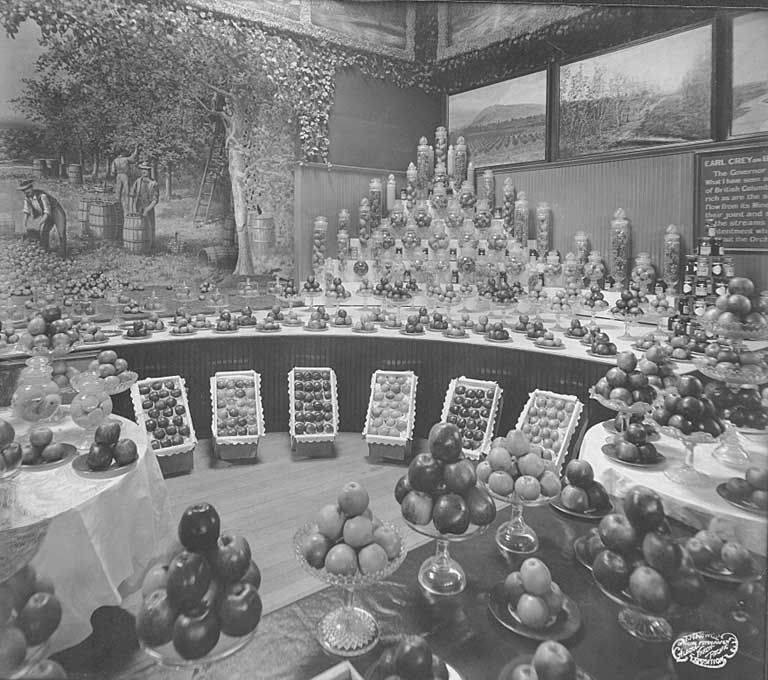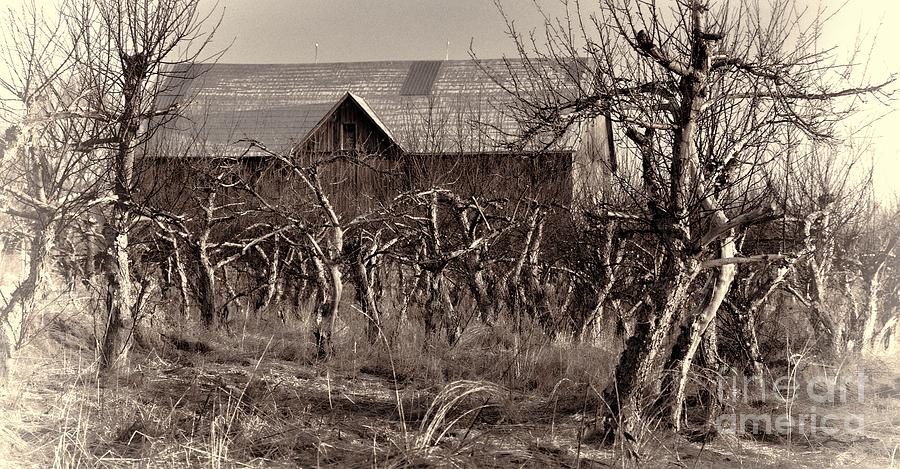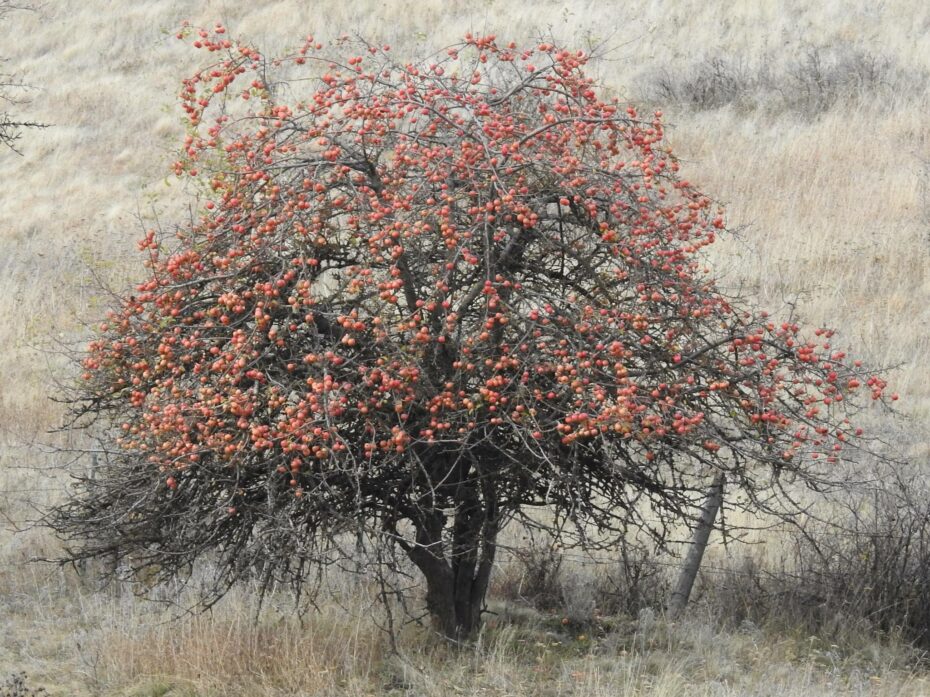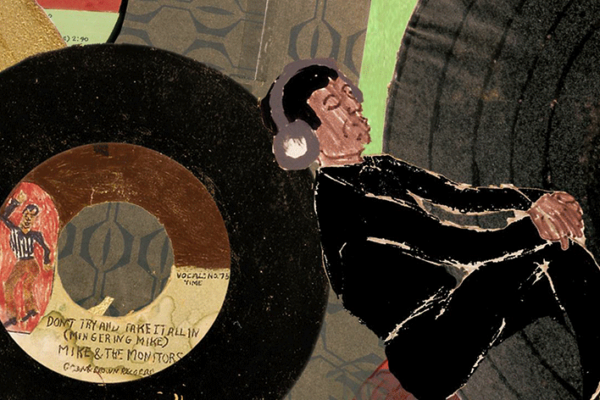
Imagine Indiana Jones, but instead of ancient artifacts, he’s searching for apples. Replace the dusty temples with abandoned orchards, and you’ve got The Lost Apple Project, a nonprofit organization that searches abandoned farms in the Pacific Northwest to locate old apple varieties that have been thought to be lost or extinct, and their story is as juicy as a Honeycrisp on a hot summer day.
In the vast and misty landscapes of the Pacific Northwest, where trees grow as tall as skyscrapers and coffee is a fundamental right, a group of apple enthusiasts decided to embark on a unique adventure. Their mission? To track down lost apple varieties that once flourished in the region’s forgotten orchards. Once upon a time, there were approximately 17k varieties of apples in the US, but only about 4.5k are known to exist today. Picture a team of passionate fruit detectives, armed with pruning shears, old maps, and an uncanny sense of smell for ripe apples. These modern-day pomologists (that’s apple scientists for those of us who skipped botany class) aren’t just looking for any apples — they’re after the legendary varieties that have slipped through the cracks of time. Imagine biting into an apple that was last enjoyed by pioneers on the Oregon Trail or perhaps by some early settlers who thought they’d struck gold (apple) when they found a tree laden with these fruits. It’s like time travel for your taste buds.

The Lost Apple Project, founded by E.J. Brandt and David Benscoter, scours through dusty archives, old farming journals, and local legends. Brandt and Benscoter work closely with the Temperate Orchard Conservancy in Oregon, which identifies the specimens they collect. Their detective work relies on old county fair records, newspaper clippings, nursery sales ledgers, and tips from local residents. Come fall, they collect apple specimens, and in winter, they return to gather wood cuttings (scions) for grafting. Their searches primarily focus on eastern Washington, western Idaho, and northern Oregon.
So far, these apple archeologists have rediscovered several rare varieties, like the Harrison, the Nero, and the once-famed but now obscure Summer Rambo. Different apple varieties offer a wider range of flavors and uses, from the perfect pie apple to the ideal cider apple. Rediscovering these apples isn’t just about nostalgia; it’s about creating new, tantalizing flavors. By finding and preserving these apple varieties, they’re also safeguarding genetic diversity, which is crucial for the resilience of our food systems. Plus, they’re keeping a rich agricultural heritage alive, one apple at a time.

The Lost Apple Project is proving that sometimes, the sweetest treasures are the ones we’ve forgotten. So next time you bite into an apple, take a moment to appreciate the rich tapestry of history and flavor it represents. And maybe, just maybe, consider joining the hunt.
















